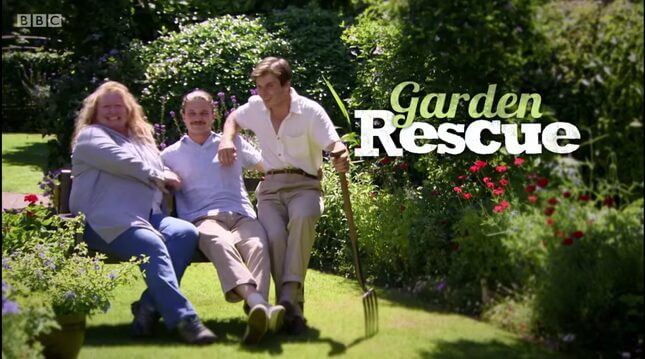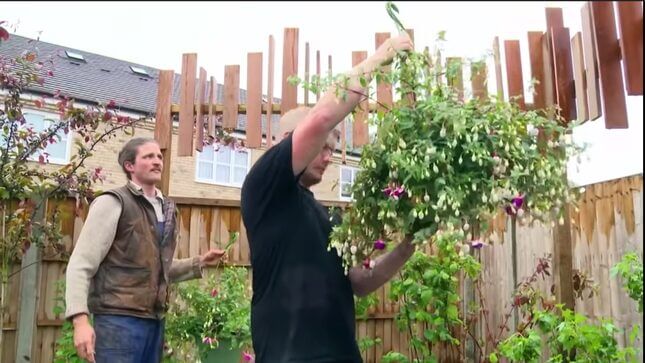When You're Done With Bake Off, Binge the Delightfully Polite and Very British Garden Rescue
EntertainmentTV

At some point during the sludge of mid-summer, I was stoned and talking to an old friend from England in an Instagram DM, exchanging pleasantries about the rigors and terrors of the pandemic, as well as what we’d been up to. My update was relatively pedestrian, but his was somewhat more riveting. “I’ve been gardening a lot,” he told me. “I planted some chilis in the garden. Also, I’ve been watching Garden Rescue. It’s good.”
Intrigued by the idea of a home renovation reality show that I had not yet seen, I conducted some research and discovered that my British friend (hello, Farry!) was right: BBC’s Garden Rescue is a delightful, relaxing program along the lines of The Great British Bake Off, but with more landscaping and less panic about genoise sponge. It took a bit of searching, but in the United States it’s available on Amazon Prime in a subscription to the streaming channel Inside Outside, the free trial of which was not nearly enough to feed my insatiable need for Garden Rescue. I have watched every episode that is available on Amazon and after a week’s break have accessed new seasons on YouTube. My only hope is that an American television producer does not try to take this concept and bring it to HGTV, as it is a perfect program in part because it is not American. Instead of shouting men and women crowing in glee as a digger drags garbage out of a dilapidated Craftsman cottage, Garden Rescue is quieter, more polite, and rooted in the simple pleasure of pottering around in your very own small patch of paradise.
Garden Rescue is quieter, more polite, and rooted in the simple pleasure of pottering around in your very own small patch of paradise.
The premise is simple: Charlie Dimmock, a beloved garden and television personality, and Harry and David Rich, two young landscape designers, compete to create a garden for one of their clients. The clients in question are normal people with big dreams, all with budgets that are relatively reasonable, hovering at or around £7,000 at the high end. The clients pick either Dimmock or the Rich brothers’ design ideas, and the “loser” of the competition has to help execute their competitor’s vision. There is no genuine animosity between the hosts, and they are always cheerful and ready to take on the task at hand even if the vision being executed is not theirs. I can’t think of another show on television in America that is anything like it, but that is the majority of its appeal.
-

-

-

-

-

-

-

-

-

-

-

-

-

-

-

-

-

-

-

-

-

-

-

-

-

-

-

-

-

-

-

-

-

-

-

-

-

-

-

-









































